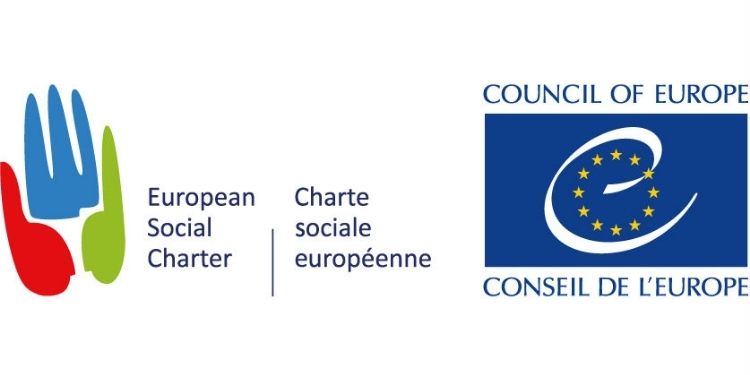Ireland and Italy blamed by the ECSR!
One of the instruments EUROMIL is using in support of its member associations, is the collective complaints procedure in the framework of the Social Charter. EUROMIL has a participatory status with the Council of Europe and is therefore entitled to lodge complaints alleging violations of the Charter in the framework of the Additional Protocol to the European Social Charter providing for a system of collective complaints.
Furthermore, EUROMIL can also introduce comments in the framework of the Reporting system whereby States Parties regularly submit a report on the implementation of the Charter in law and in practice. EUROMIL used its status and introduced in 2020 comments on two cases in this report:
- EUROMIL v. Ireland (112/2014) and
- CGIL v. Italy (140/2016)
An extract of the “Follow-up to decisions on the merits of Collective Complaints – Findings 2021”, decided and published recently by the European Committee of Social Rights (ECSR) can be found here. In the findings 2021, the ECSR declares that:
- In the case 112/2014 especially in respect to Art 5 of the Social Charter, the situation in Ireland has not been brought in conformity with the Charter.
- In the case 140/2016 especially in respect to Art 5, 6§2 and 6§4 of the Social Charter, the situation has not been brought in conformity with the Charter.
In the case of Ireland, four years after the decision on the merits, Irish military associations (in particular PDFORRA) are still not allowed to join the Irish Congress of Trade Union (ICTU). Furthermore, Irish military associations are still not able to participate in the collective bargaining system.
For what concerns Italy, three years after the decision on the merits in this case and four years after the decision of the constitutional court, the legislator could not manage to give Italian military personnel its fundamental rights to grant them real trade union rights and collective bargaining.
“Dublin and Rome should wake up” EUROMIL’s President Emmanuel Jacob says. “Both countries ratified the Social Charter and both accepted the collective complaints procedure. Not only morally, but also contractually, both are obliged to adapt their legislation to the subscribed rules and decisions. It is unheard to deprive thousands of uniformed workers of their fundamental rights.”

